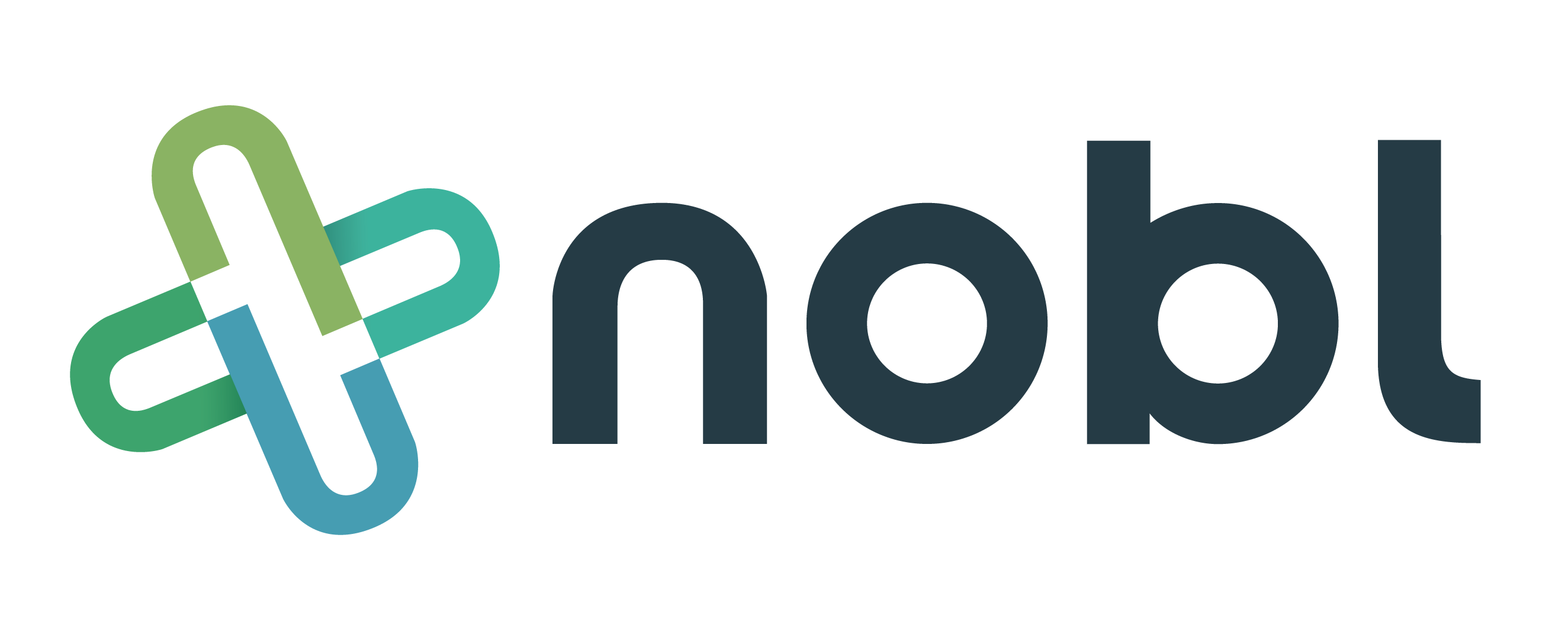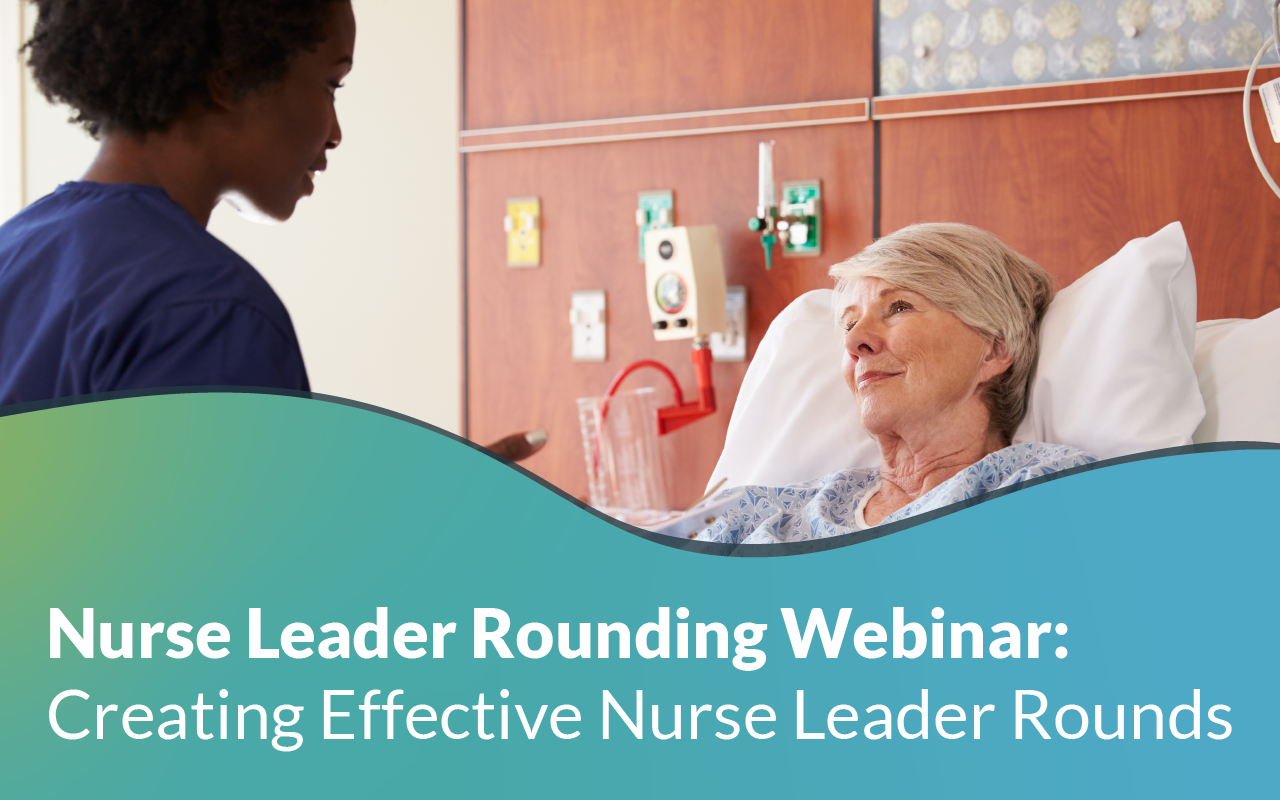10 Principles of Employee Rounding
In the complex and demanding world of healthcare, ensuring high-quality patient care is of paramount importance. One often-overlooked but highly effective method for enhancing the quality of care in healthcare organizations is employee rounding. Employee rounding is a systematic approach that involves regular, structured interactions between leadership and staff members to build a culture of...






